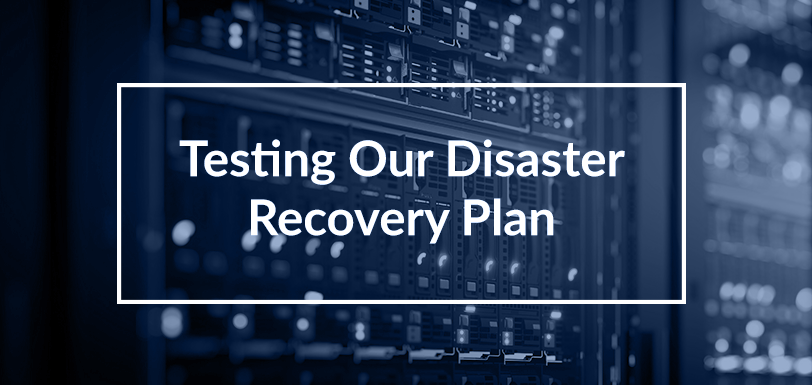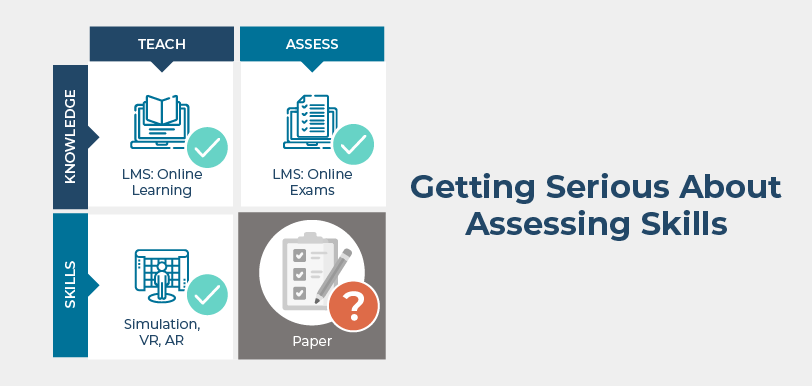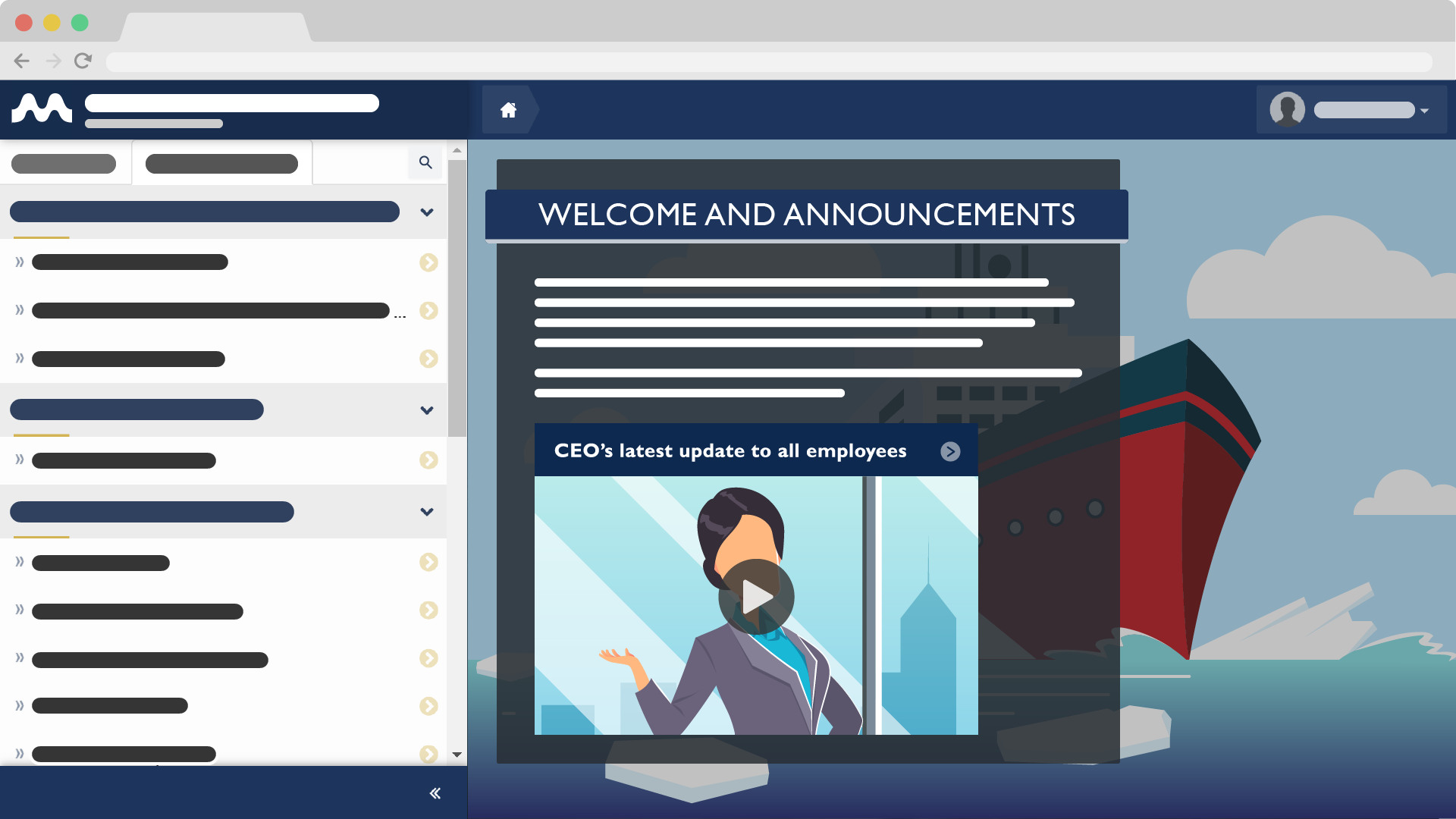Do we need to regulate training for maritime trainers?
Mar 15, 2018 Murray Goldberg 1 Maritime Training, TeachingIntroduction
Operations and training is highly regulated in the maritime industry. Yet there is comparatively little regulation in the amount and type of training which maritime instructors must have. Is this a fundamental flaw? Maritime trainers help ensure the successful transfer of the skills and knowledge needed for safe operations. Then why are instructors largely unregulated? Or as a counterpoint, is the current system adequate? Is additional regulation unnecessary and even counter-productive?
This is not a new issue for the maritime industry. To some it is a wonder that the teachers of our children are required to undergo two to four years of specialized formal education, yet the teachers of adults are often completely unregulated. After all, even if an instructor is a world-renowned expert in their field, does that give them the ability and knowledge to successfully transfer that knowledge to students? We’ve all met people who are experts, but who are woefully unable to teach.
This blog post reviews and summarizes the comments made by Captain Quentin N. Cox, from the Warsash Maritime Academy, in his paper: “Is it time to require the Training for Instructors course to become mandatory under STCW?”. The paper presents arguments for both sides, and lets the reader make a conclusion for themselves.
Current Requirements by the STCW
Let’s begin with a review of what is required of instructors by the STCW. Here is what Capt. Cox has to say on the issue:
“There is specific detail in paragraph one of the section when requiring that “all training and assessment of seafarers for certification under the Convention (STCW) is:
- structured in accordance with written programmes, including such methods and media of delivery, procedures and course material as are necessary to achieve the prescribed standard of competence and
- conducted, monitored, evaluated and supported by persons qualified in accordance with paragraphs 4, 5 and 6”.
Paragraphs 4, 5 and 6 refer to persons having an appreciation of the training programme, an understanding of training objectives and be qualified in the task for which the training is being given. The Code requires assessors to have similar qualifications and guidance and practical experience in assessment. There are further but similar requirements of familiarity and experience for those involved in training and assessment using simulators.
So, these requirements of the code might be translated loosely as having knowledge of a subject and have received guidance on how to deliver training.”
Capt. Cox goes on to examine what it means to “have an appreciation…and understanding” according to the STCW. The code does not give an explicit requirement but does elaborate further that instructors and assessors should:
- be appropriately qualified and experienced for the particular types of training
- have received appropriate guidance in instructional techniques (with the IMO Model Course 6.09 Training course for instructors as an example)
- have appropriate knowledge of training methods
- have gained practical assessment experience under supervision of an experienced assessor (with the IMO Model Course 3.12 Assessment, Examination and Certification of Seafarers as an example)
- have full understanding of the assessment system, methods and practices
Capt. Cox concludes that as far as the STCW is concerned:
… the only requirement in this list, over and above appreciation and understanding, is for experience. It appears to be left to the employing institution to decide if an individual possesses the appropriate qualifications and experience, and the Member States Administrations to monitor this.
Who Makes the Best Teacher?
Capt. Cox goes on to discuss the difference between academic experience and industry experience. Which is more likely to generate a better instructor?
He reaches the conclusion that either could make excellent instructors, so long as they receive guidance and practice in the art of training.
I could not agree more. To some degree, there are those who are “born trainers” and others who, for the benefit of all involved, should never be allowed to stand at the front of a class. However, guidance, training and experience all help to improve the performance of instructors.
And while it would be foolish to believe that an experienced seafarer without an academic background cannot make an outstanding instructor, it would be just as foolish to believe that a knowledgeable academic has nothing to offer trainees. In my original field of Computer Science, neither experience nor academic foundation can trump the other. Both have a critical role to play and learners benefit from and appreciate instructors with both. The maritime industry is no different.
The Difference Between Regulation and Good Practice
Any discussion on regulation cannot be complete without observing the difference between regulatory requirement and good practice. After all, almost no amount of regulation can create excellence as quickly as competitive demand or company culture.
Capt. Cox reflects that, as is often the case when there’s a clear difference between regulatory requirement and best practice, many employers view instructor training as obligatory in their own company policies. These employers include not just shipping companies, but training institutions as well. Many require their teaching staff to have completed the Training for Instructors course and even obtain a Certificate of Education or Postgraduate Certificate.
He goes on to state:
“It might be said that this is what distinguishes the responsible operator from the rest, that they voluntarily take the option of enhancing their staff training, rather than stick purely to the minimal requirement. Even then, if they want to remain competitive in the chartering marketplace, then they’ll need to enhance their reputation and commercial appeal by acceding to additional options, frequently required by charterers and in many cases this does not mean additional ship equipment and procedures but additional, optional training as well.”
The question, of course, is how can we turn all operators into “responsible operators”? Perhaps regulation is the key to at least set a minimum standard. Capt. Cox briefly argues both sides:
Regulation of Instructors – For or Against?
Capt. Cox wisely does not attempt to reach a conclusion on this issue. After all, such a conclusion could only be reached after a tremendous amount of reflection, communication and collaboration. Instead, the point of Cox’s paper is to provide fuel to the discussion. As such, he provides arguments on both sides:
Arguing Against
Capt Cox quotes Houghton, 2012, as follows:
“Some model courses are apparently intended to motivate and encourage some of the less energetic companies and flag states by giving them minimum standards to work to – standards which are at the threshold of what is acceptable. However, one unintended consequence is that they actually give average-performing organisations an excuse for not doing anything substantive. So training gets relegated to a relatively junior manager or superintendent” (Houghton 2012).
“So by making our Training for Instructors course mandatory, one school of thought appears to be that the industry is merely advocating mediocrity and that such a move will by no means enhance or increase standards.”
Arguing For
On this point, Capt. Cox contributes:
Whilst the more worthy operators arguably do not even need the motivation of legislation at all, it is probably the irresponsible and less scrupulous outfits which do need the net of regulation behind them.
He then supports his argument by quoting Wilson, 2005:
“Much of the current training around the world, whether done at sea or ashore, already fails to deliver genuinely competent seafarers that can consistently perform at best industry practice standards. Part of the problem is that there are too many trainers with good technical expertise who are incompetent teachers and others who lack the technical expertise to teach”. (Wilson 2005)
Conclusion
We have all seen our share of outstanding practitioners who are incapable of teaching. We have also seen the even worse case of poor practitioners who are put into a teaching role and can “neither do, nor teach”. How do we guard against this? Is it legislation, culture, competition, or some other mechanism? As Capt. Cox indicates throughout his paper, it is a very difficult question to answer, but one which should absolutely be reflected upon, discussed and debated.
Follow this Blog!
Receive email notifications whenever a new maritime training article is posted. Enter your email address below:
Interested in Marine Learning Systems?
Contact us here to learn how you can upgrade your training delivery and management process to achieve superior safety and crew performance.







Of course the whole system of training from mangers, trainers ,course developers, training centres, equipment, content etc. nneds to be set against standards and assessed. Det Norske Veritas has been doing this for years under its Seaskill programme where over 20 standards have been set and then used to measure performance of the whole traning system.